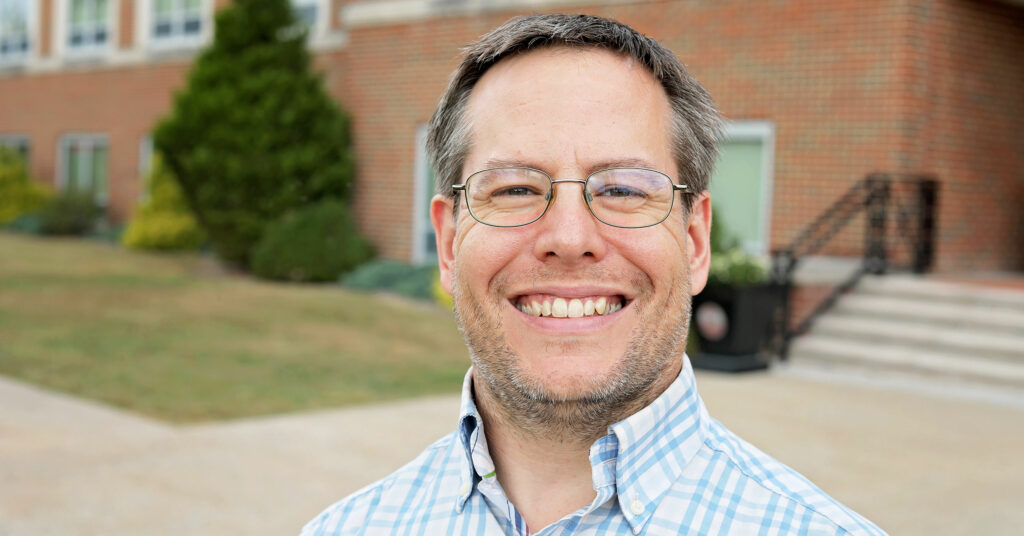Dr. Stephen Kuehn, an associate professor in the Environmental Geosciences program at Concord University, is one of four scientists organizing a four-part volcanic eruptions data workshop.
The Tephra Fusion 2022 workshop runs Feb. 10, 18, 25, and March 3, 2022. The online virtual workshop focuses on data practices and digital systems for researchers who work with material produced by explosive volcanic eruptions – i.e. volcanic ash and pumice, also known collectively as tephra. The workshop is supported by the National Science Foundation’s EarthCube program, the U.S. Geological Survey, and the IAVCEI Commission on Tephrochronology.
“The Tephra Fusion 2022 workshop is the latest milestone in a more than ten-year effort,” says Dr. Kuehn. “On the first day of the workshop, we will lay out why we really need these developments and why making data openly available to all is so important. The second and third days focus on recently-developed apps and databases. The fourth day will wrap things up by generating new ideas and future plans.”
The core team planning the meeting includes Dr. Kuehn along with Kristi Wallace from the U.S. Geological Survey’s Alaska Volcano Observatory, Dr. Marcus Bursik of the University at Buffalo, and Dr. Andrei Kurbatov at the University of Maine.
“The four of us organizing the event have been really amazed by the level of interest,” says Kuehn. “We just opened up the meeting registration in mid-January, and in the just first three days we already had over 100 people signed up. Two weeks later we’re nearing 200 people from 26 countries. We have volcanologists, data scientists, archaeologists, and more.”
Related milestones leading up to this year’s Tephra Fusion 2022 workshop include work on improving electron microprobe data on volcanic ash published by Kuehn in 2011; prior workshops in 2014, 2017, and 2019; additions to a geosciences field app called StraboSpot released in 2020; a resource and data submission page hosted by the EarthChem database released in 2021, and various professional presentations. Some of the next steps after the Tephra Fusion 2022 workshop are already under development.
“We have submitted an article for publication in Nature Scientific Data,” said Kuehn, “and Concord’s electron microprobe lab has geoscience and computer science students helping to develop a new database system that other laboratories will be able to adopt in the future.”
More details about Tephra Fusion 2022 may be found on the workshop website. Recorded videos and Q&A responses will be made available following each session of the meeting.
From Concord University
